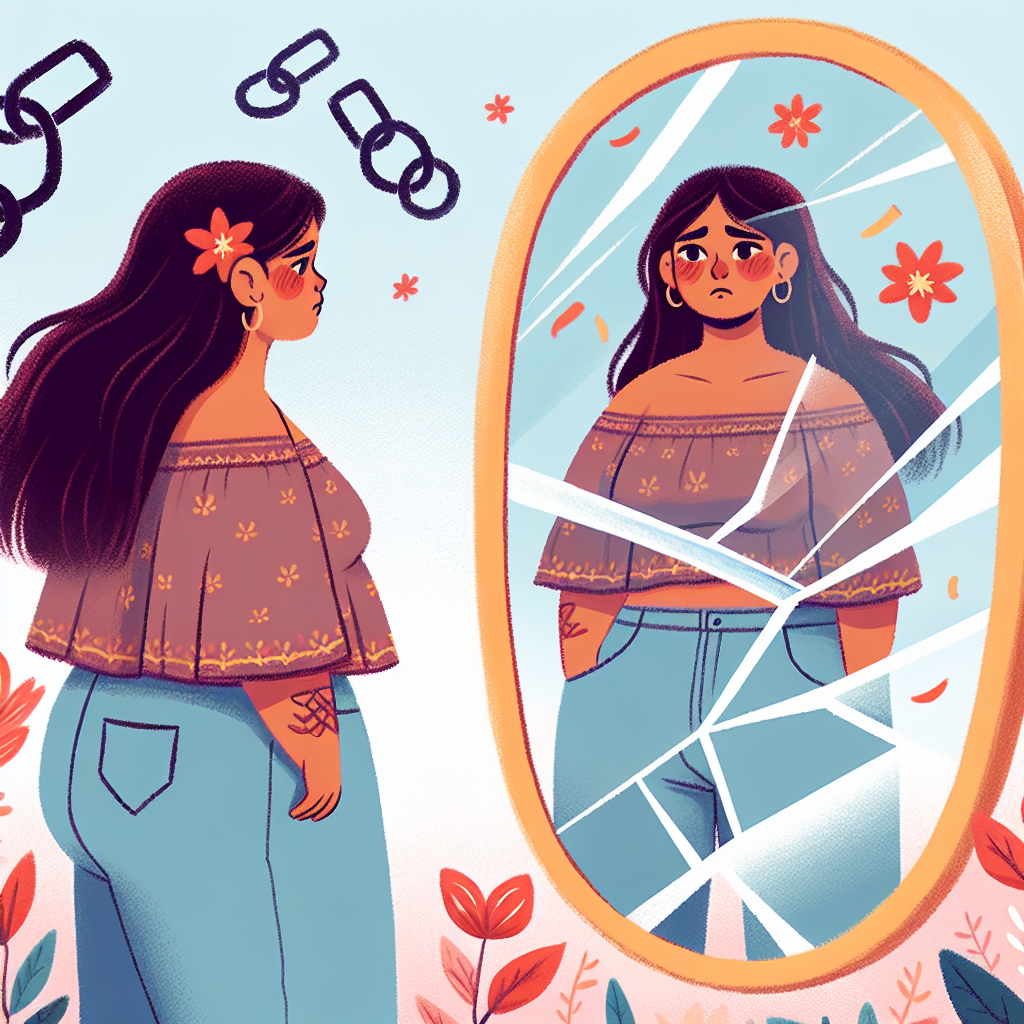Body dysmorphia is a mental health condition characterized by an excessive preoccupation with perceived flaws in one’s physical appearance. This can lead individuals to engage in harmful behaviors such as excessive exercise, restrictive dieting, or even cosmetic procedures in an attempt to “fix” their perceived flaws. This condition can have a detrimental impact on both physical and mental well-being, often leading to a vicious cycle of negative self-talk and self-destructive behaviors.
Breaking the cycle of body dysmorphia can be a challenging journey, but it is possible with the right support and strategies in place. Here are some tips on how to overcome body dysmorphia and learn to love your body:
1. Seek professional help: If you are struggling with body dysmorphia, it is important to seek help from a mental health professional. Counseling or therapy can help you address the root causes of your negative body image and develop coping strategies to overcome these destructive thoughts and behaviors.
2. Practice self-compassion: Be kind to yourself and treat yourself with the same love and respect that you would offer to a friend. Challenge negative self-talk and replace it with positive affirmations. Remember that your worth is not defined by your appearance.
3. Surround yourself with positive influences: Surround yourself with people who celebrate and appreciate you for who you are, rather than how you look. Avoid toxic relationships or social media accounts that perpetuate unrealistic beauty standards.
4. Focus on self-care: Take care of your body and mind by engaging in activities that bring you joy and relaxation. Practice mindfulness, meditation, or yoga to help you stay present and centered in the moment.
5. Challenge societal beauty standards: Remember that beauty comes in all shapes, sizes, and forms. Challenge the narrow beauty standards perpetuated by society and embrace diversity in beauty.
6. Practice gratitude: Focus on the things about yourself that you are grateful for, whether it’s your strength, resilience, creativity, or kindness. Shift your focus from what you perceive as flaws to the qualities that make you unique and valuable.
7. Set realistic goals: Instead of striving for unattainable perfection, set realistic and achievable goals for yourself. Celebrate your progress and accomplishments along the way.
Breaking the cycle of body dysmorphia is a journey that requires patience, self-compassion, and support. By seeking help, practicing self-care, challenging negative beliefs, and embracing your unique beauty, you can learn to love and appreciate your body for all that it is. Remember, you are worthy of love and acceptance just as you are.

